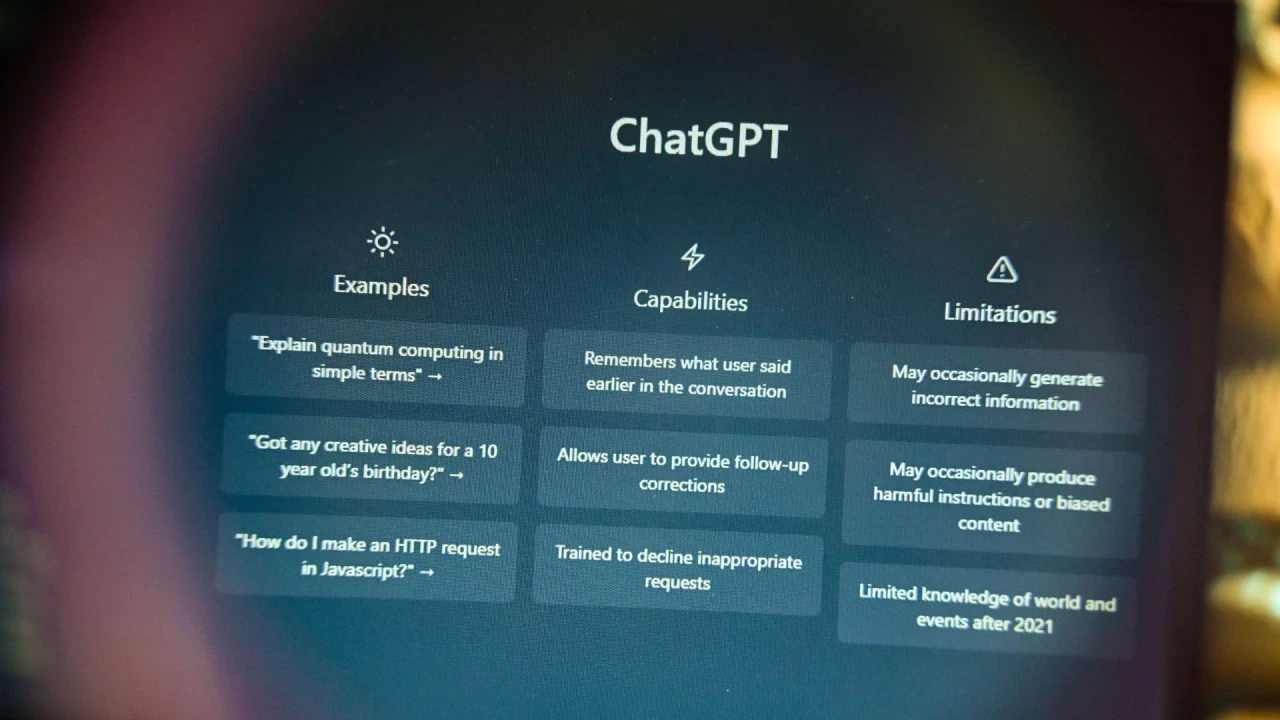
ChatGPT Outage Unveils Growing Pains and User Concerns
In a world increasingly reliant on artificial intelligence for everyday tasks, even temporary disruptions can cause significant ripples. Recently, users of the popular AI tool, ChatGPT, experienced an unexpected global outage that brought to light several issues and concerns surrounding the reliability and scalability of AI-driven technologies. This article delves into the nature of this outage, its broader implications, and where the world of AI might be headed.
The Incident: What Happened?
On a day like any other, thousands of ChatGPT users found themselves unable to access their accounts or retrieve past conversations. What initially seemed like a minor issue quickly escalated into a full-blown outage, impacting users worldwide. Reports of login glitches and missing chat histories began flooding in, prompting immediate attention from OpenAI, the creator of ChatGPT.
Technical Glitch or Something More?
While any technology can encounter technical problems, this particular incident raised eyebrows due to its scope and duration. Although technical teams rushed to correct the issue, the outage persisted long enough to cause considerable inconvenience and even panic among users who relied heavily on the tool for professional and personal tasks.
The Importance of AI in Everyday Life
AI tools like ChatGPT have seamlessly integrated into daily life, assisting in everything from generating ideas and writing content to aiding customer support services and programming assistance. With such widespread application, any disruption can feel like much more than a minor inconvenience.
Growth of AI Adoption
Over the past few years, ChatGPT has rapidly gained popularity. Its ability to simulate human-like conversations has made it an indispensable tool for businesses, educators, and individual users alike. This widespread adoption demonstrates the increasing dependency on AI technologies and, inevitably, the stakes involved if these systems fail.
User Concerns: The Human Element
The outage has also highlighted a critical aspect of AI technology—the human element. Users expressed concerns not just about the technical failure, but about data security, the transparency of AI systems, and the potential for more severe outages in the future.
Data Privacy and Security
One significant concern exacerbated by the outage is data security. Users reported missing chat histories, leading to worries about the protection of sensitive information. Ensuring data privacy is fundamental for maintaining user trust in AI systems.
Reliability and Trust
AI's reliability is under the microscope as users question the consistency of service delivery. Building trust is a gradual process that AI companies must prioritize to prevent such events from causing damage to their reputation.
Learning from the Outage: Future Directions
Events like this serve as critical learning milestones for the development and deployment of AI technologies. They highlight areas for improvement and innovation in building more robust systems that can handle scale and unexpected disruptions.
Improving Infrastructure
To prevent similar incidents, companies must invest in enhancing their infrastructure capabilities. This might mean developing more durable server solutions, implementing better load management practices, and ensuring improved failover strategies to handle peak demand periods smoothly.
Transparency and Communication
Another key takeaway from the outage is the importance of clear communication from AI providers. During the ChatGPT outage, users were eager for updates and reassurances. Enhancing transparency in operations can help mitigate user frustration and rebuild trust.
The Road Ahead: Balancing Innovation and Stability
Looking forward, the challenge for AI developers and companies will be balancing technological innovation with operational stability. As these tools continue to evolve, so must the strategies to manage their risks effectively.
The Role of Continuous Improvement
Continuous improvement should be at the heart of AI development, with a focus on resilience and adaptability. This proactive approach can help preempt potential issues and pave the way for more reliable and effective AI solutions.
ChatGPT's recent outage reminds us that while AI has enormous potential to transform industries and everyday life, the path to realizing that potential is fraught with challenges. By focusing on user trust, technological improvements, and transparent communication, the future of AI can be as stable as it is exciting.



